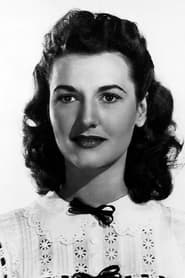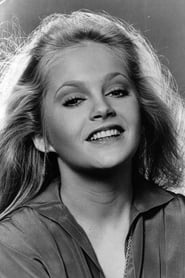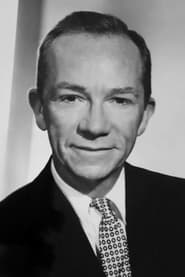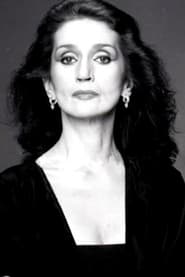The Fall of the House of Usher is a chilling and atmospheric movie that is sure to leave viewers on the edge of their seats. The film is based on the classic short story by Edgar Allan Poe and tells the story of a traveler and his wife who arrive at the Usher mansion, only to find that the siblings who inhabit the mansion, Roderick and Madeline Usher, are suffering from a mysterious and terrifying illness.
Played by the talented Martin Landau, Roderick Usher is a man whose senses have become painfully acute, making every sound and sensation a source of agony for him. His sister, Madeline Usher, portrayed by Charlene Tilton, has become nearly catatonic, unable to speak or move, and seems to be slowly wasting away. As the traveler and his wife attempt to make sense of the strange occurrences at the mansion, they are drawn deeper and deeper into the Usher family curse, which seems to dictate that any time there is more than one Usher child, all of the siblings will go insane and die horrible deaths.
As the days wear on, the effects of the curse reach their terrifying climax, with Roderick and Madeline's condition continuing to deteriorate. The atmosphere of the mansion grows increasingly oppressive, with strange noises and shadows lurking around every corner. The traveler and his wife are left to wonder if they will be able to escape the mansion alive, or if they too will fall victim to the dreaded Usher curse. With its excellent acting, stunning visuals, and gripping storyline, The Fall of the House of Usher is a must-watch for fans of horror and suspense.
Full Cast of The Fall of the House of Usher

Martin Landau
Martin James Landau (June 20, 1928 – July 15, 2017) was an American actor, acting coach, producer, and editorial cart...

Peggy Stewart
From Wikipedia, the free encyclopedia. Peggy Stewart (born Margaret O'Rourke; June 5, 1923 - May 29, 2019) was an Am...
Michael Ruud
Crew of The Fall of the House of Usher
Discover the backstage crew of The Fall of the House of Usher →- Released on October 01, 1979




